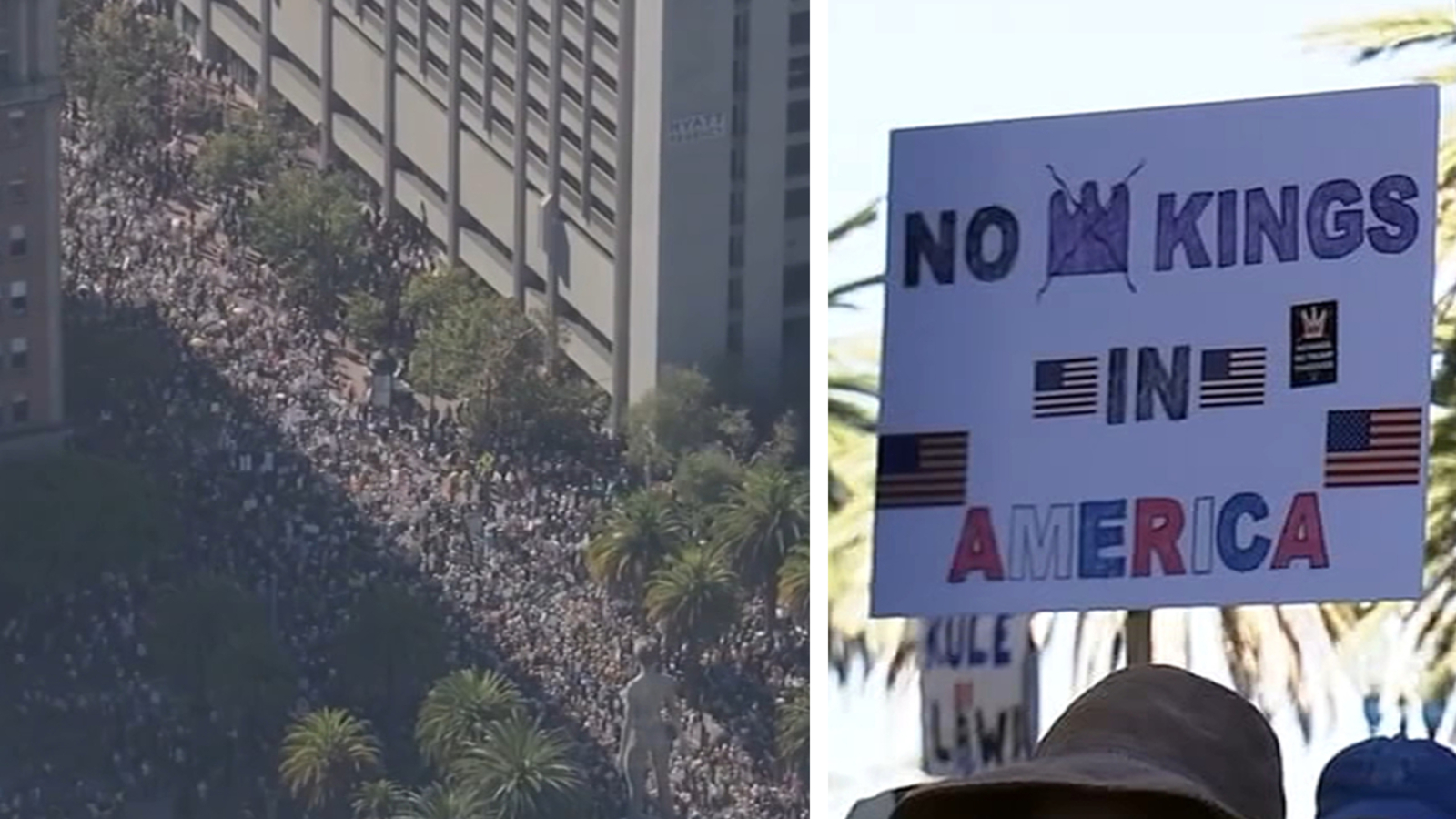
""We have seen in the past that sustained social movement does generate change. It doesn't work every time. It's really hard. It takes a long time," said Melissa Micheleson, a political science professor and Dean of Arts and Sciences at Menlo College."
""So part of it can be okay we've protested, but we're not done. And now you gotta you know, register to vote. Now you got to vote. Now you got to contact your members of Congress, whatever it is that in your state or city that folks want you to do, maybe you're going to take more action," she said, noting a lot of the people taking action she says are younger."
""It's often young people who are doing these protests. They are the ones who have the energy, have the time, have the optimism that this is going to make something happen," Professor Micheleson said."
""I feel like it can involve younger people because. I am 19 and my parents were like, 'oh, as soon as you turn 18, the world's going to change around you.' So, I have to actually pay attention to what's happening in the world right now," said Francisco Paniagua, an Alameda resident."
Mass 'No Kings' protests occurred across the Bay Area, including tens of thousands on San Francisco's Market Street. Observers note sustained social movements can generate change but often require long, difficult effort. Organizers urged protesters to convert demonstrations into civic actions such as registering to vote, voting, and contacting elected officials. Many protesters were young people who provided energy, time, and optimism. Some participants reported repeated protest involvement and an increased sense of civic responsibility among newly eligible voters. Long-term impact depends on translating protest willingness into sustained political engagement and policy action.
Read at ABC7 San Francisco
Unable to calculate read time
Collection
[
|
...
]